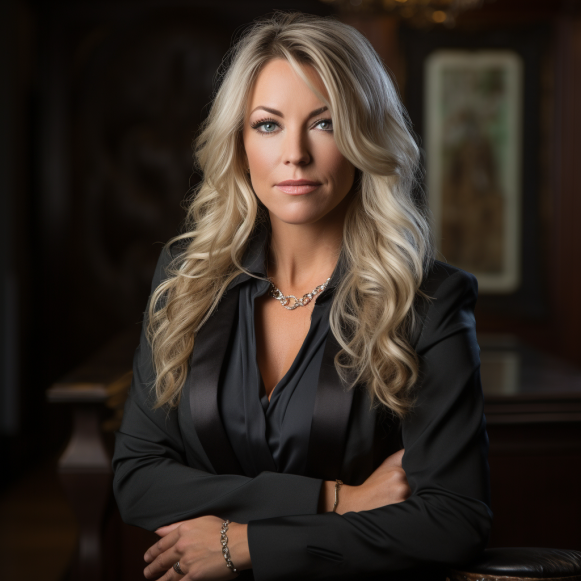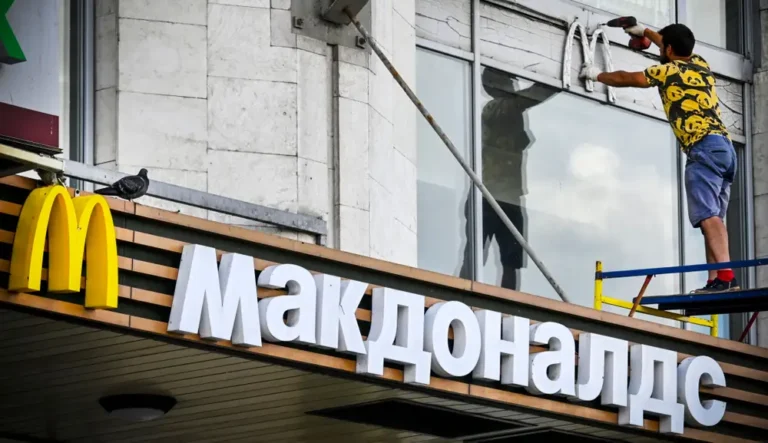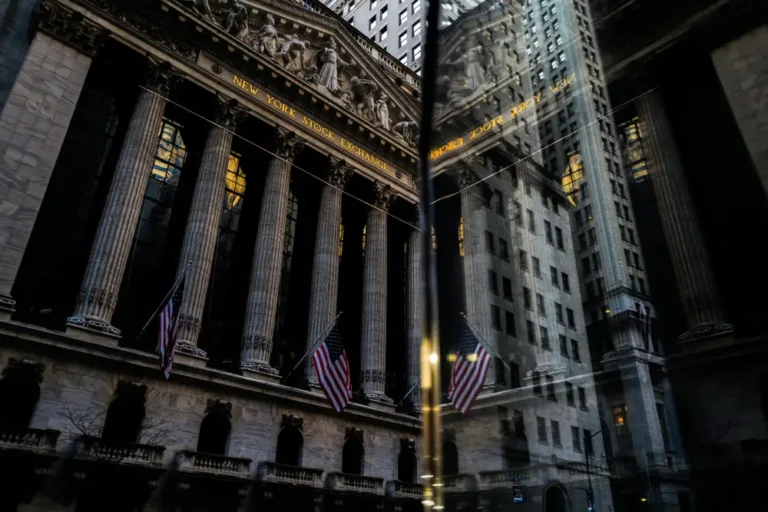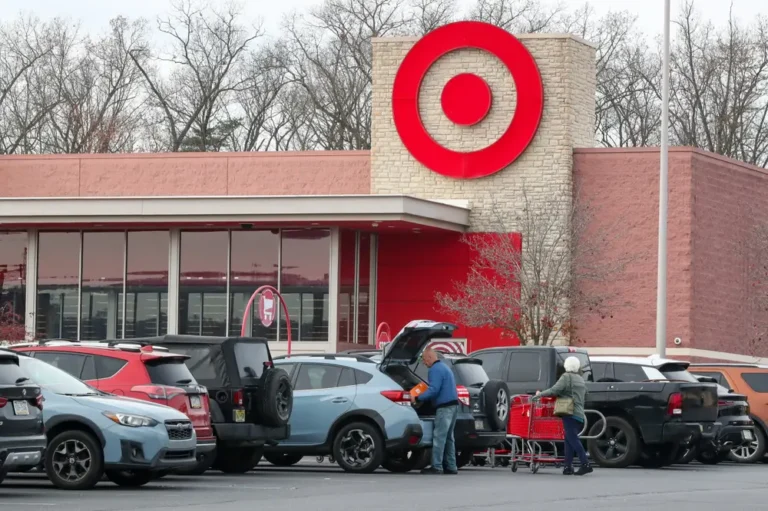After funding her 401(k) for 25 years, one woman realized it wouldn’t be enough to retire. She explains the beginner-friendly strategy she used to start investing in real estate with zero money upfront.

- When Tresa Todd decided to pursue real-estate investing, she didn’t have a ton of savings.
- She started with wholesaling because it doesn’t require any upfront capital.
- After knocking on 57 doors, she landed her first deal and turned a $20,000 profit, she said.
Tresa Todd expected to be able to retire comfortably after a decades-long career in medicine.
She’d been working for an ophthalmologist in Tyler, Texas, for 25 years, and she’d been consistently contributing to her retirement account, she told Insider: “I was putting the most amount of money in my 401(k) that I could.” I made do with what I had. I didn’t have a lot of debt, so I just assumed I’d be fine.”
She didn’t realize she wasn’t as financially prepared as she thought until one of her sons asked to look at her finances. “He told me, ‘Mom, do you know that if you work until you’re 65, with what you have, you could live a decent life for about seven years and then you’d be out of money?'” she said after looking at her savings and cost of living. “That was terrifying and eye-opening.”
Todd needed to make a decision.
She sold her house, quit her job, and relocated to Dallas after being encouraged by her three sons, who had been investing in Dallas real estate and offered to mentor her.
Getting started with real estate wholesaling
When Todd decided to pursue real estate investing, she didn’t have a lot of money to work with, so her sons suggested she start with wholesaling.
The wholesaler (in this case, Todd) enters into a contract on a home or piece of land, finds a buyer — typically a real-estate investor — willing to purchase it at a higher price, and then pockets the difference in price once the transaction closes.
“The end buyer brings all the money to the table, so you don’t have to bring any money; just get it under contract and sell the contract,” Todd explained. Because it does not require any upfront capital, it can be an effective strategy for beginning real estate investors.
To carry out a wholesale transaction, you must first find a property to sell. Then you’ll need to find a buyer.
“We market to someone who may be facing foreclosure,” Todd’s sons taught her. Or, someone who inherited a property that they can’t afford to keep and lacks the time and resources to fix it up and sell it.”
By searching public records, checking real estate auction websites, browsing the HUD Home Store, and even reading local newspapers, you can find foreclosures or properties on the verge of foreclosure.
“We are always looking for off-market properties,” Todd explained. “We’re not paying top dollar for properties off the MLS with the realtor.” That way, we’d never make any money.”
Todd compiled a list of properties in her neighborhood and then went door-to-door.
“Reach out in whichever way feels best to you — you can send letters, do cold-calling, email campaigns, or door knocking like I did — and just let them know how you can help them,” she advised.
She would arrive prepared, knowing the exact date of the foreclosure.
“I’d literally say, ‘Hello, my name is Tresa.'” I know your house is about to go into foreclosure, and I’d love to talk to you about how I could keep that foreclosure from appearing on your records, put some money in your pocket, and help you get a fresh start. Let’s get you out of here and into something more affordable.’ “I just discovered that those were the magical words.”
Todd had ample opportunity to fine-tune her pitch.
“I knocked on 57 doors before I got my very first deal,” she explained. However, the first transaction netted her a $20,000 profit, which was roughly one-third of her annual salary.
She kept knocking on doors and focusing on wholesale deals — and she kept making money.
“I made more money in the first four months of real-estate investing than I had in my 401(k) after 25 years,” Todd, who eventually began flipping homes and buying rental properties, said. “I never imagined that someone with no experience — and without a large sum of money stashed somewhere to get started — could do that.”
The second piece of the wholesaling puzzle is locating a willing buyer, which usually entails networking with other investors.
“You usually find that end-buyers are other investors like myself,” Todd explained.
Search for a community in your zip code on Google and begin attending local real estate meet-ups. It will assist you in expanding your network and meeting some of the active buyers in your area. You can also network with other wholesalers or people who are already doing what you want to do and ask them how they got to where they are.
Wholesaling, for example, is a beginner-friendly way “to start putting money in your pocket,” according to Todd, who now teaches other women how to build wealth in real estate investing through the Women’s Real Estate Investors Network (WREIN), which she founded in 2018.
She has shifted her focus away from wholesaling and toward investing in rental properties, which she believes is the most effective strategy for building long-term wealth.
“You get monthly cash flow,” she says of rental properties. “That’s money you can use to pay bills, go on vacation, or save.”
“These properties can appreciate,” she said, in addition to generating cash flow. “As you pay down that monthly mortgage, these are properties you can sell when you’re ready to retire or pass down to your children and your children’s children — and that’s building generational wealth.”






